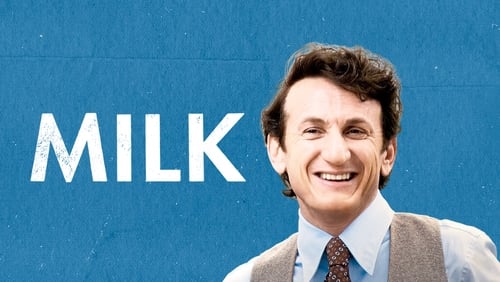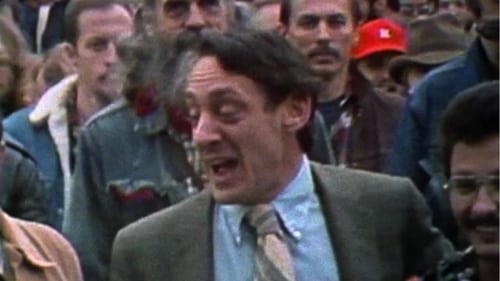Harvey Milk
Birth : 1930-05-22, Woodmere, New York
Death : 1978-11-27
History
From Wikipedia, the free encyclopedia
Harvey Bernard Milk (May 22, 1930 – November 27, 1978) was an American politician who became the first openly gay man to be elected to public office in California, when he won a seat on the San Francisco Board of Supervisors. Politics and gay activism were not his early interests; he was not open about his homosexuality and did not participate in civic matters until around the age of 40, after his experiences in the counterculture of the 1960s.
Milk moved from New York City to settle in San Francisco in 1972 amid a migration of gay men to the Castro District. He took advantage of the growing political and economic power of the neighborhood to promote his interests, and ran unsuccessfully for political office three times. His theatrical campaigns earned him increasing popularity, and Milk won a seat as a city supervisor in 1977, part of the broader social changes the city was experiencing.
Milk served 11 months in office and was responsible for passing a stringent gay rights ordinance for the city. On November 27, 1978, Milk and Mayor George Moscone were assassinated by Dan White, another city supervisor who had recently resigned but wanted his job back. Milk's election was made possible by and was a key component of a shift in San Francisco politics. The assassinations and the ensuing events were the result of continuing ideological conflicts in the city.
Despite his short career in politics, Milk became an icon in San Francisco and "a martyr for gay rights", according to University of San Francisco professor Peter Novak. In 2002, Milk was called "the most famous and most significantly open LGBT official ever elected in the United States". Anne Kronenberg, his final campaign manager, wrote of him: "What set Harvey apart from you or me was that he was a visionary. He imagined a righteous world inside his head and then he set about to create it for real, for all of us." Milk was posthumously awarded the Presidential Medal of Freedom in 2009.
Description above from the Wikipedia article Harvey Milk, licensed under CC-BY-SA, full list of contributors on Wikipedia.



